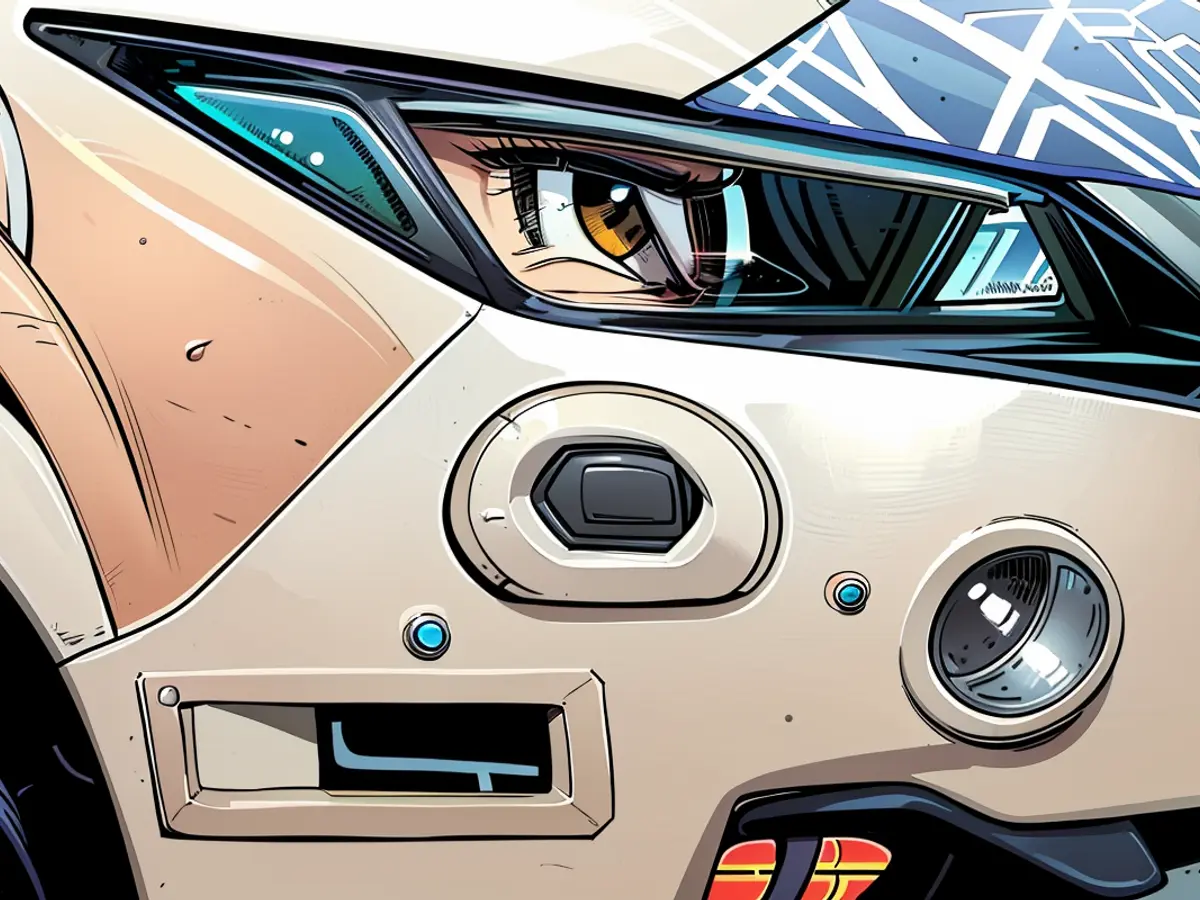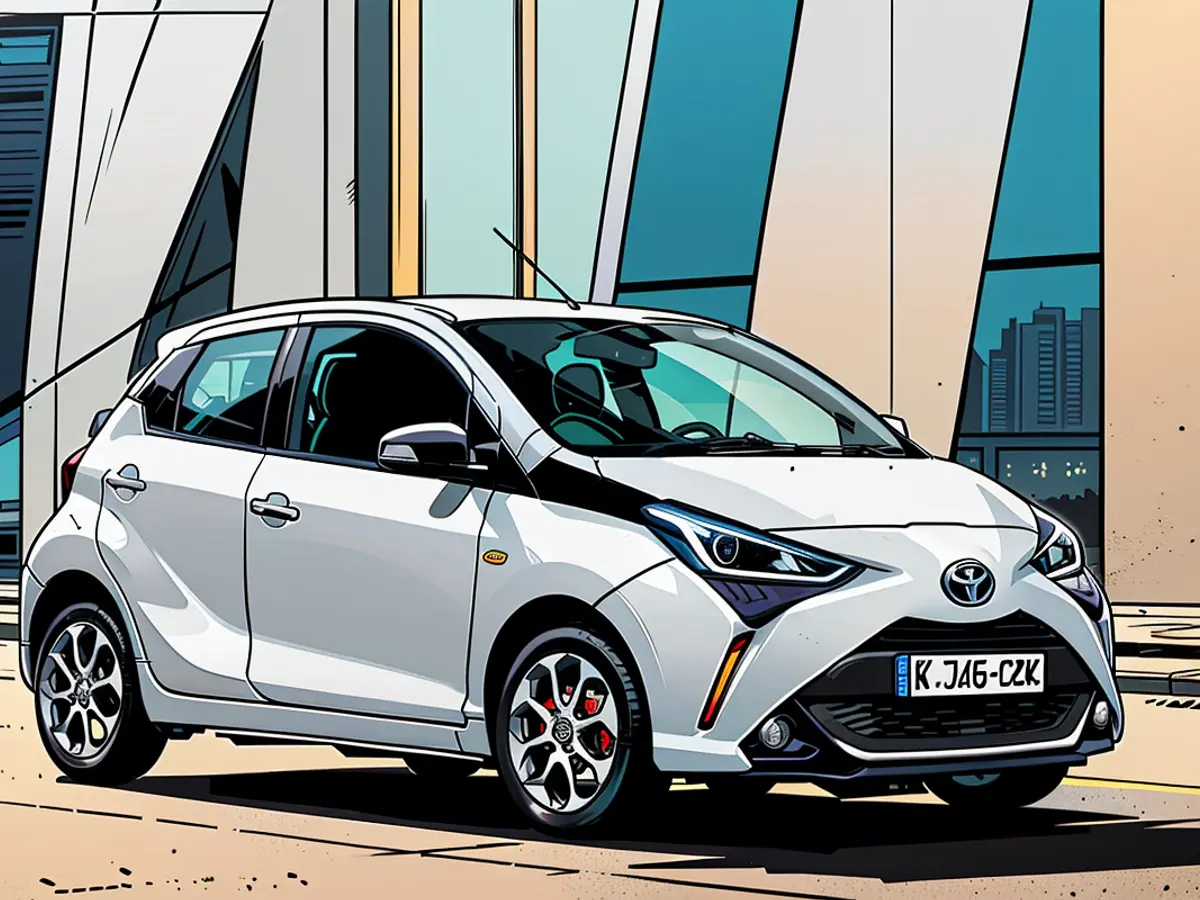Tesla is encountering issues; what's the cause?
Tesla, the electric car company headed by CEO Elon Musk, has been considered ripe for decline by many. Recent developments seem to be confirming their predictions.
The production of electric cars at Tesla showed signs of slowing down. While they set a company record in 2023 with 1.85 million e-cars produced, the first quarter of this year saw a significant drop in car output. With around 401,000 e-vehicles built, they fell short by 7,000 units compared to figures from the same period last year. This was particularly concerning given the rapid growth the company had previously experienced. The drop in March was even more significant at 41,000 units, and may have not been entirely due to the Easter holiday break or the aftermath of a power supply fire incident.
Sales were also experiencing a decline, with global deliveries dropping by 8.5% in the first quarter. This resulted in a backlog of around 160,000 vehicles currently awaiting buyers. It's unclear if the sales decline is due to internal issues or if Tesla is struggling with a generally weak e-car trend in several countries. To address this, the company announced plans to cut its workforce by around 10%, which is roughly 14,000 employees.
Ageing Models
There are numerous internal factors causing Tesla's struggle as well. One major issue is the age of its existing models. The Model S is 12 years old, while the Model X is only 3 years younger. The Model 3 is already 7 years old, and in the car industry, a model change is typically due after 8 years. Software updates and new drive variants can slow the ageing process, but cannot prevent it. The company has not yet been able to release new models with strong potential sales, such as the oft-delayed Model 2. The Cybertruck, an odd-looking combat vehicle, has not lived up to its hype in the key middle-class market in Europe.
Elon Musk, Tesla's CEO, has also been the subject of criticism. His controversial take on climate, migration, and the COVID-19 pandemic may not resonate with the typical e-car fanbase in countries like Germany. These issues are particularly concerning given increasing competition, especially in the Chinese market, where domestic manufacturers are gaining ground.
Pricing Policy and Quality Concerns
The company has also generated controversy with its unpredictable pricing policies. In some instances, it appeared Musk may have been initiating a price war, but the actual results were uncertain. This led many consumers to avoid purchasing fearing a future drop in price. Even major customers, like rental company Hertz, were hesitant due to concerns over residual value risks.
Tesla has been unable to address its persistent quality problems. Consumer organizations like J.D. Power and organizations like the German TÜV and ADAC automobile club have criticized its reliability and technical design. While die-hard fans might tolerate this, a poor quality image creates a major stumbling block for the company's push into the mass market.
Another concern is the company's decision to slow down its charging network expansion. Tesla has significantly more Superchargers in the United States than any other station operator, but the reasons behind their decision to reduce expansion are unclear. Possible factors include a slowdown in e-car sales in the US, potential political shifts following a Republican victory in elections, and low margins in the traction current business.
Has Musk Moved On?
Musk now seems less interested in Tesla, and his focus appears to have shifted to other projects, like the Twitter competitor X, space technology, and robotaxis. This could work in the brand's favor, as Tesla is a pioneer in many areas, such as battery integration, production technology, and vehicle connectivity. Despite a slight decline in profits, the company still posted an influx of $15 billion in 2020 - a sign that it retains significant financial resources.
Read also:
In an effort to address their current challenges, Tesla Motors, led by CEO Elon Musk, announced plans to reduce their workforce by approximately 10%, affecting around 14,000 employees. Despite this, the aging of their models, such as the 12-year-old Model S and the 7-year-old Model 3, which typically require a change after 8 years, poses a significant internal issue for the company. Furthermore, Tesla's involvement with ADAC, a prominent automobile club in Germany, has been affected by criticisms of the company's reliability and technical design.
Source: www.ntv.de








